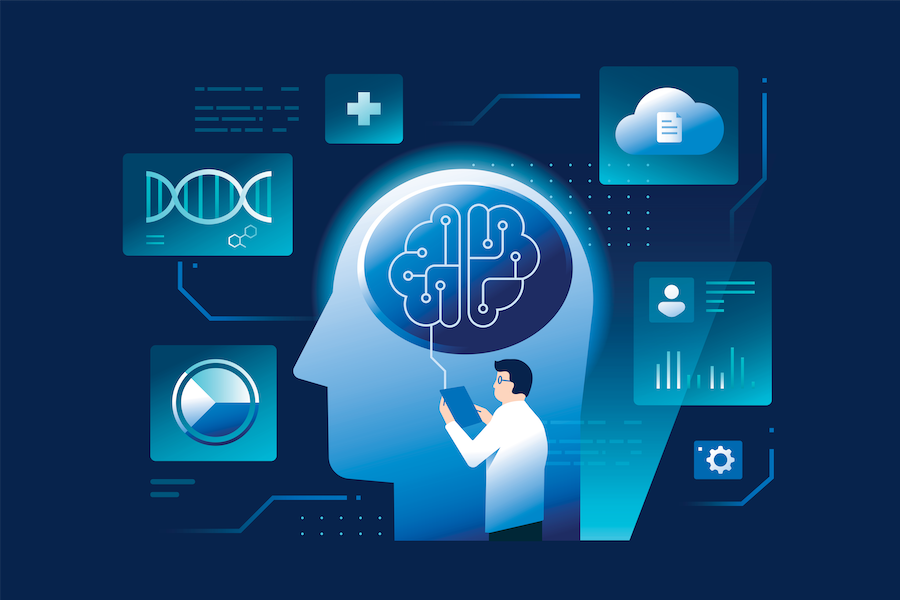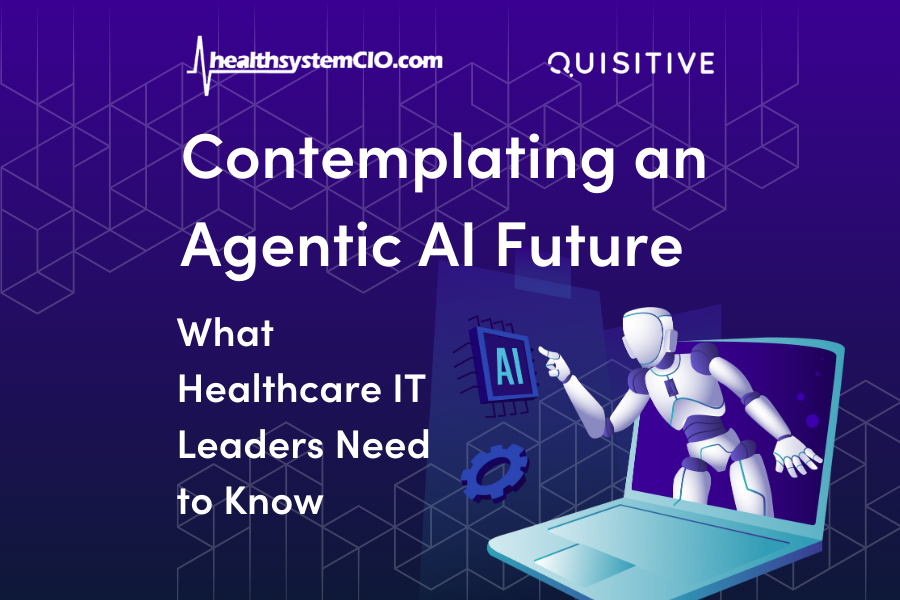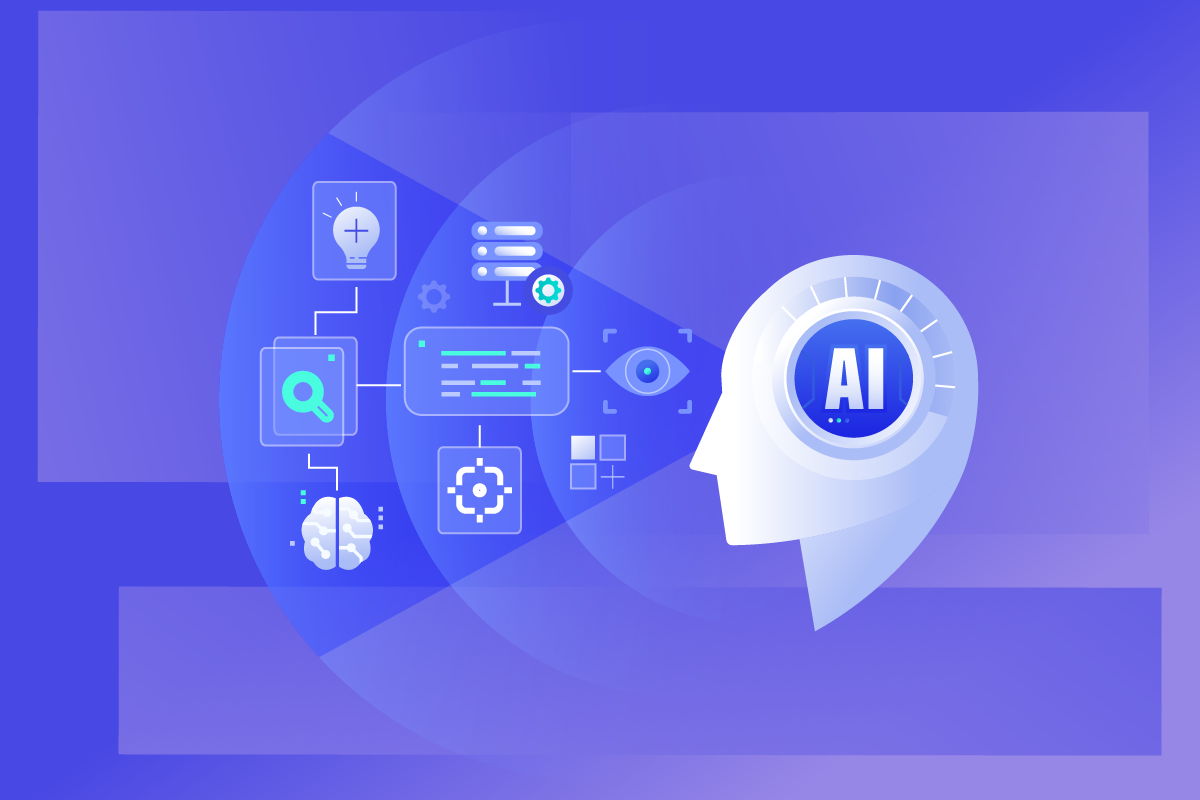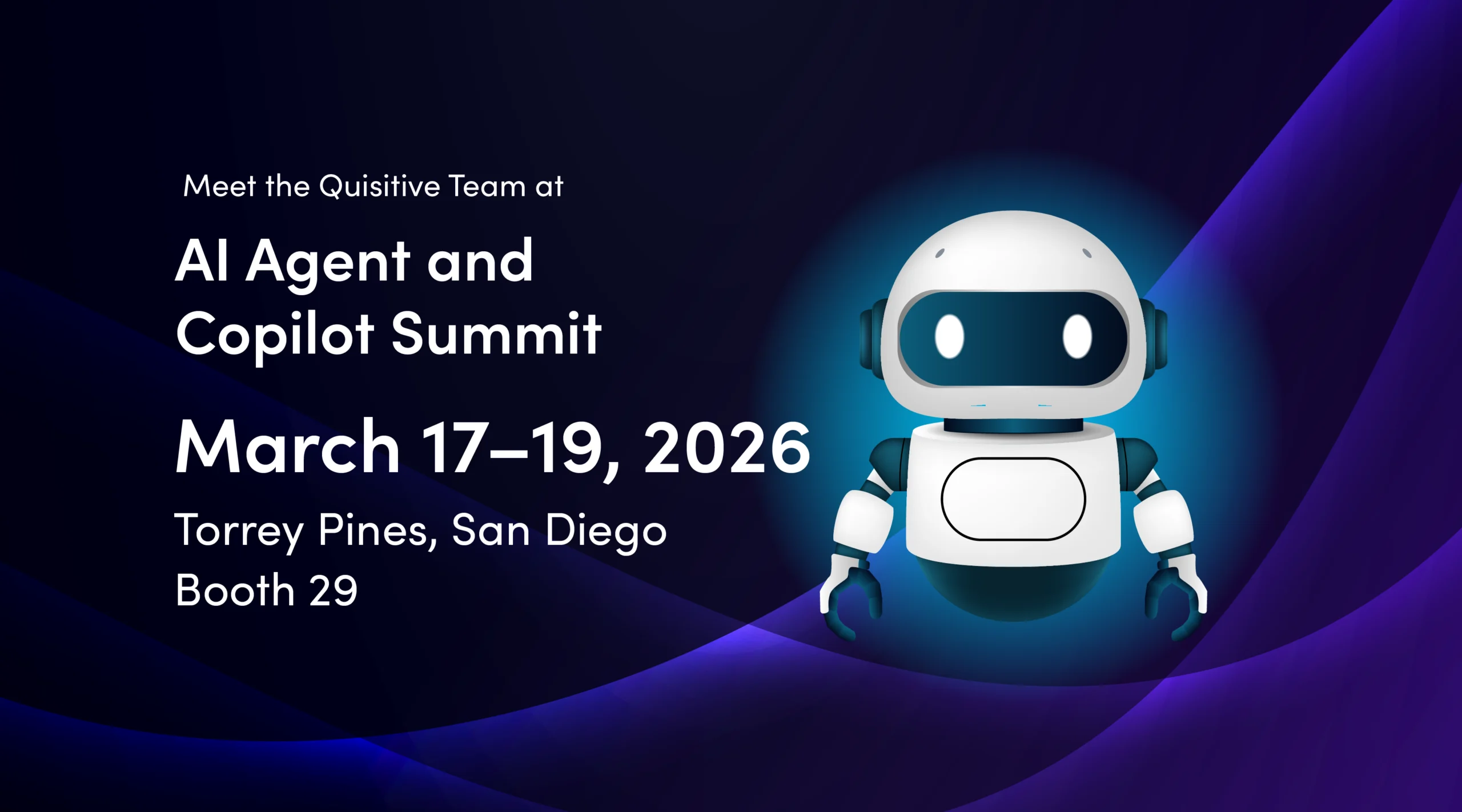In the face of mounting healthcare challenges — from staff shortages to rising patient expectations — the role of artificial intelligence (AI) is quickly shifting from back-office support to frontline enabler. But the AI making the biggest waves isn’t just automation or analytics. It’s Agentic AI — intelligent systems capable of making context-aware decisions, taking initiative, and adapting based on real-time feedback.
This next-generation AI has the potential to redefine how healthcare operates, but realizing its value requires thoughtful implementation. The best path forward? Start small, build trust, and scale deliberately — all while keeping patient-centricity and ethics at the core.
What is Agentic AI in Healthcare — and Why Now?
Agentic AI moves beyond rules-based systems. It doesn’t just follow instructions — it understands goals, adapts, and acts. As Dr. Kerry Bommarito, VP of Enterprise AI at Mercy, explained, “We’re no longer talking about tools that just automate tasks”.
Agentic AI in healthcare brings decision intelligence into the workflow — it collaborates with humans, it reasons, and it can even challenge assumptions.” In a healthcare setting, this could mean AI agents proactively identifying patients at risk of deterioration, suggesting personalized care pathways, or dynamically reallocating clinical resources based on real-time conditions.
Start Small: Low-Risk Use Cases with Agentic Behaviors
Integrating Agentic AI in healthcare doesn’t have to start with large, risky endeavors. Quisitive’s Healthcare Industry Architect, Rubye Knight, stressed the importance of starting with controlled, low-risk scenarios to build confidence, “You don’t jump to complex diagnostics on day one. Begin with agentic assistants that triage patient messages, recommend care plan updates, or prioritize billing anomalies.”
These use cases provide measurable outcomes while introducing the organization to the nuances of working with AI agents — including how they reason, learn, and interact with human users.
The Role of Human-AI Collaboration
Unlike traditional AI models that operate in the background, Agentic AI must coexist with human decision-makers. It’s not about replacing clinicians but about offering a cognitive partnership.
Tony Ambrozie, SVP and Chief Digital & Technology Officer at CVS Health, emphasized, “Agentic AI should be seen as a new member of the care team. It’s not just about intelligence, it’s about influence — helping humans make better choices at scale.” This collaboration depends on designing workflows that make AI’s suggestions transparent, explainable, and easy to override or escalate.
Ethical Guardrails in an Agentic World
As the autonomy of AI grows, ethics and governance become more important than ever. Agentic AI must be guided by strong principles to avoid bias, ensure safety, and respect patient autonomy.
Dr. Kerry Bommarito underscored the significance of ongoing oversight, “We can’t set it and forget it. Agentic AI requires continuous monitoring, validation, and refinement. And we need multidisciplinary councils — clinicians, ethicists, technologists — guiding that journey.” Organizations should establish AI governance frameworks early, incorporating input from diverse voices to ensure these systems operate with integrity and equity.
Building Toward Transformative Impact with Agentic AI in Healthcare
Once low-risk pilots prove successful and trust builds across stakeholders, organizations can begin expanding agentic capabilities into more strategic areas:
- Care coordination optimization
- Clinical decision support in high-acuity settings
- Population health management at scale
Each step forward increases the system’s capacity for autonomous decision-making — and each success story helps demystify what Agentic AI in healthcare can truly offer.
Hear more from these leaders about the implications of Agentic AI in healthcare in our on-demand webinar.
Leading with Intention in an Agentic Era
The rise of Agentic AI in healthcare represents more than just a tech trend — it’s a paradigm shift in how care is delivered, managed, and optimized. But success requires intention. By starting with low-risk agentic applications, fostering human-AI collaboration, and embedding ethical governance from the outset, healthcare organizations can responsibly embrace this future.
The goal is not simply AI adoption, but rather AI integration with agency — intelligent, adaptive systems that partner with providers, elevate patient outcomes, and create a more resilient health system for all.

;)




